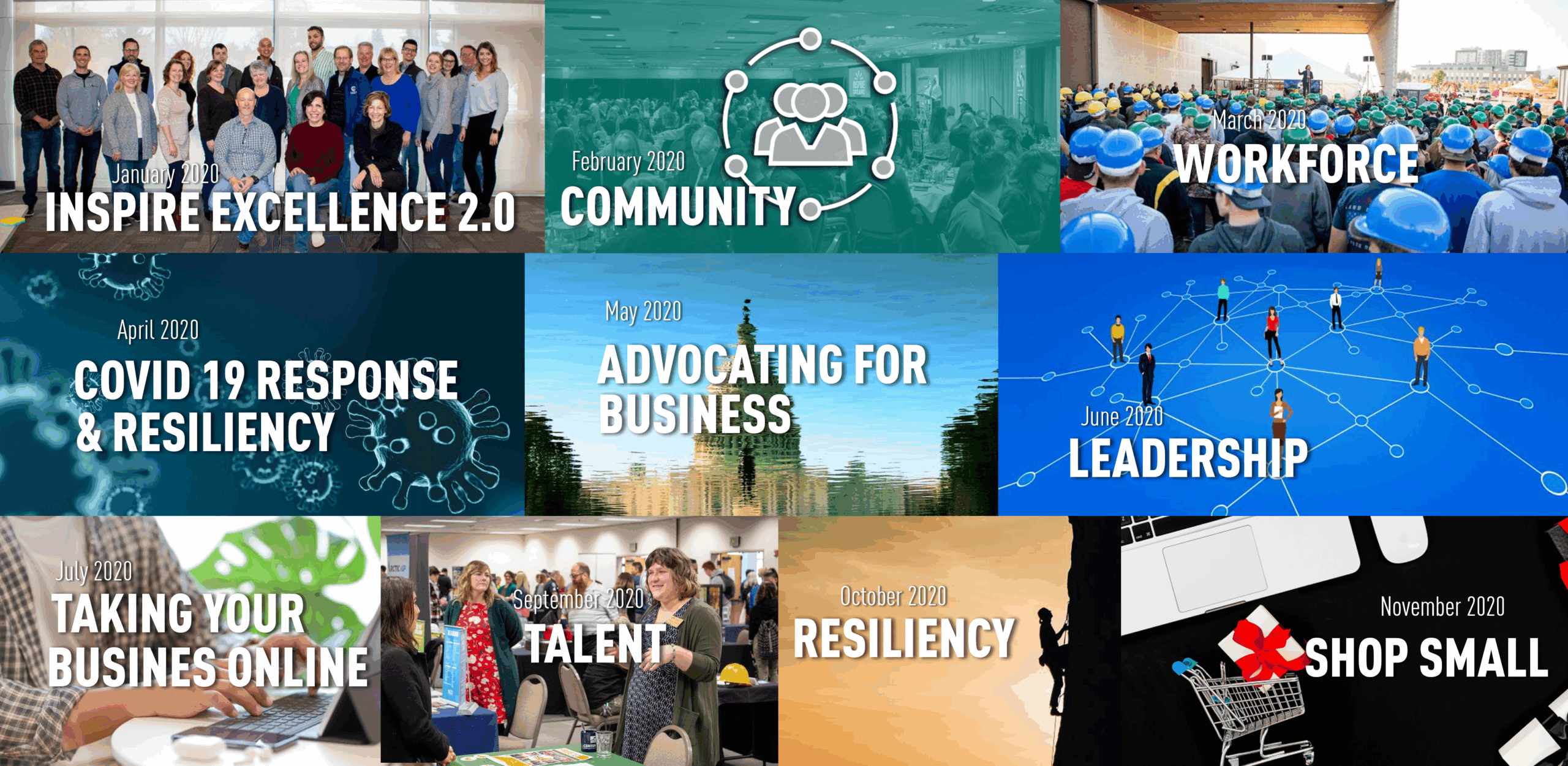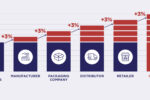Resiliency: Business’ Best Friend
I spent the better part of my adult life living in places where natural disasters were an unwelcome but expected annual occurrence. While I managed to walk away from each unscathed, just having felt and witnessed the anxiety and severe impacts through each seasonal threat left a lasting impression; a clear understanding that when circumstances beyond your control take a turn for the worse, your worst enemy is complacency, your best friends preparedness and resiliency.
As we think on what a successful economic recovery will demand, be that from the wildfires or pandemic, we can expect consideration given to preparedness as a core value for business and resiliency thinking a core competency of leadership, management, and employees.*
Preparedness is a mindset as much as it is practiced protocols or a must-have, ready-to-go supply kit. Resiliency relies on a set of competencies or systems that are adaptable to unforeseen change, comfortable with uncertainty, and therefore more prepared to act in the face of unpredictable threats.
The experience of 2020 will teach us to think differently about uncertainty and change. There will come a day when we will be better positioned to assess what worked and what fell short, but there are commonalities among those riding the ups and downs successfully. They are problem-solvers at heart, they know their strengths and know when and how to leverage them, and they are willing to think differently about their business model. Not surprisingly, the most successful businesses are centered on consumer confidence and loyalty. They’ve figured out how to stay connected with their customers, made provisions that assure safe workplaces and safe customer experiences, and have invested time and dollars training employees or building their online presence all to meet their customers where they are, wherever they are, however they’re experiencing these unfamiliar times.
From the outset of the pandemic to the tragedy of the recent wildfires, and everything in between, the resiliency of our business community has been put to the ultimate test. There have been plenty of unforeseen circumstances for which – let’s face it – we weren’t entirely prepared. As we look toward business and economic recovery, it will be important to acknowledge our shortcomings so that we can rebuild, recover, and be better prepared and more resilient as a community going forward. It will be equally important to identify qualities of resilient businesses and celebrate those successes.
As we enter the 4th quarter of the year, I anticipate a new awareness emerge; a heightened sense of determination made stronger by the trials and tragedies of the past six months. I place my confidence in businesses rebooting with newfound resilience, helping our community rebuild and recover, not as we were but as we will be.
*In Team of Teams – New Rules of Engagement for a Complex World retired General Stanley McChrystal speaks to the burgeoning field of “resilience thinking” as an alternative to traditional reductionist approaches to management that seek to optimize predictable variables for efficiency and predictable outcomes. “In a resilience paradigm, managers accept the reality that they will inevitably confront unpredicted threats; rather than erecting strong, specialized defenses, they create systems that aim to roll with the punches, or even benefit from them.”
Discover more from Springfield Bottom Line
Subscribe to get the latest posts sent to your email.






